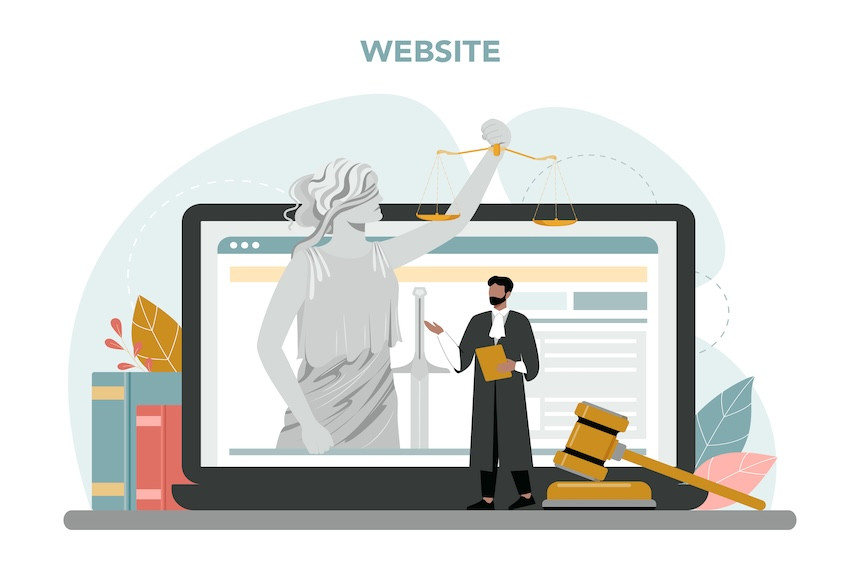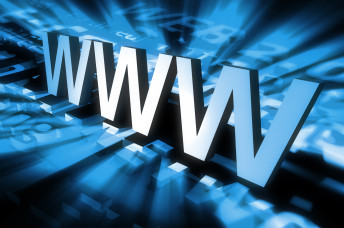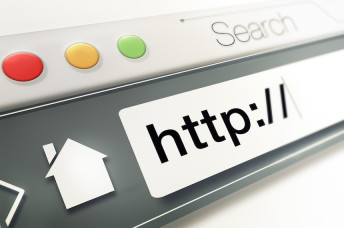Understanding The Legal Aspects Of Domain Transactions

Buying and selling domains can be a lucrative business, with some domain names selling for millions of dollars. However, this industry is not without its legal considerations. In this article, we will discuss the important legal factors to consider when engaging in buying and selling domains.
Domain Name Basics
Before delving into the legal aspects, it is important to understand what a domain name is and how it functions. A domain name is the unique address that identifies a website on the internet, such as google.com or amazon.com. It serves as a virtual storefront for businesses and individuals to represent themselves online.
It is also important to note the difference between domain registration and ownership. When a person purchases a domain name from a registrar, they are essentially renting it for a set period of time. Upon expiration, the domain must be renewed to maintain ownership.
The Internet Corporation for Assigned Names and Numbers (ICANN) is responsible for managing the global Domain Name System (DNS). They oversee domain registrars who are authorized to sell and manage domains on behalf of ICANN.
Legal Considerations when Buying Domains
One of the key legal considerations when buying a domain name is conducting a trademark search. This is to ensure that the desired domain does not infringe on any existing trademarks. Failure to do so can lead to potential legal issues in the future.
Cybersquatting is another important concept to understand. It refers to the act of registering or using a domain name with the intent of profiting from someone else's trademark. This can result in legal consequences for the domain purchaser.
In the event that a purchased domain name does infringe on someone else's trademark, there can be severe legal implications. The trademark owner may take legal action to protect their intellectual property and potentially demand compensation for damages.
Legal Considerations when Selling Domains
When selling a domain name, it is important to properly transfer ownership to the new owner. This process typically involves updating the domain's registration information and transferring it to a different registrar if needed. Failure to transfer ownership can result in disputes over who actually owns the domain.
Having clear terms and conditions for the sale of a domain is also crucial. It should include details on payment, transfer of ownership, and any agreements made between the buyer and seller. Not having clear terms can lead to misunderstandings or potential legal disputes.
International Considerations
The buying and selling of domain names is not limited to one country, making it important to consider international laws and regulations. Different countries may have different trademark laws that could impact the registration or use of a domain name.
Trademark infringement is a major concern when dealing with international domain sales. A trademark registered in one country may not hold the same weight in another, making it important to research and understand laws and regulations in different regions.
To navigate these complexities, it is recommended to seek legal advice from professionals with knowledge in international trademark laws.
Protecting Your Domain Name Ownership
To protect your own domain name ownership, it is crucial to register under your own personal or business name. This ensures that you have full control over the domain and can easily prove ownership if needed.
Additional services such as privacy protection or domain locking can also be purchased to secure your domain name.
Privacy protection keeps personal information, such as contact details, hidden from public view. Domain locking prevents any changes to the registration information without your approval.
Not properly securing your domain name ownership can lead to potential legal issues, including loss of control over the domain and trademark infringement.
Conclusion
In conclusion, buying and selling domains can be a profitable venture, but it is important to consider the legal implications involved. Conducting thorough research, properly transferring ownership, and protecting your own ownership are crucial steps in navigating this industry. Seeking legal advice when needed can also ensure a smooth and legally sound transaction.
By understanding and following these legal considerations, you can confidently engage in the buying and selling of domains. Remember to always prioritize protecting your domain name ownership to secure your online presence.









